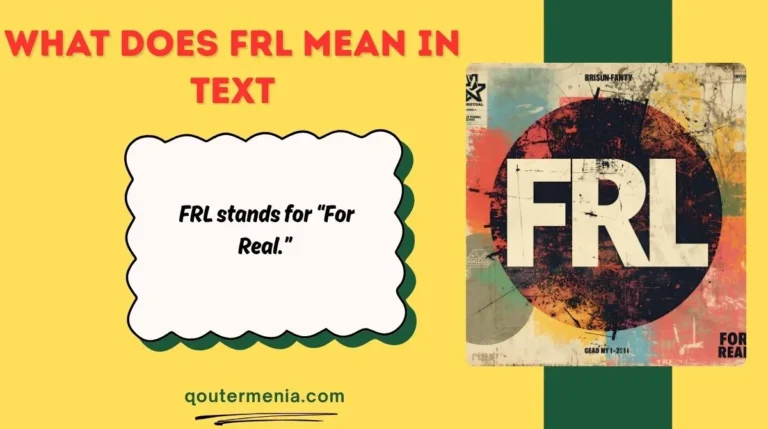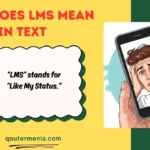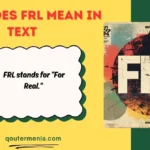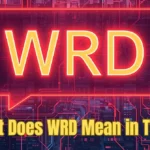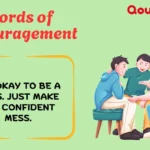Ever seen “FRL” in a message and wondered what it means? You’re not alone. In today’s fast-paced texting world, abbreviations like FRL pop up everywhere—from social media chats to dating apps.
People often use such short forms to save time, sound casual, or fit into digital trends. But not everyone knows what they stand for.
Understanding FRL is important because it reveals tone, emotion, and intent in online conversations.
It helps you interpret messages correctly and avoid misunderstandings. Whether someone’s saying “I’m FRL tired” or “FRL, that’s Confused,” knowing the meaning behind it makes you a sharper communicator.
Let’s explore what FRL really means, where it came from, and how it’s used in modern texting culture.
Definition & Meaning
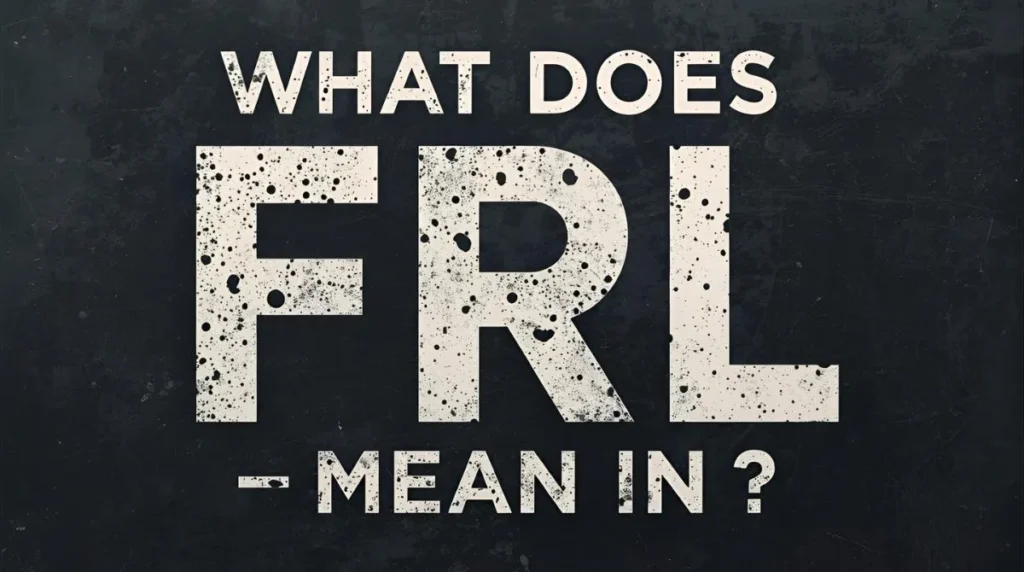
FRL stands for “For Real.” It’s a popular internet abbreviation used to express sincerity, surprise, or agreement. When someone texts “FRL,” they mean they’re being honest, genuine, or serious about what they just said.
Examples:
- “You actually won that contest? FRL?” → (Really? Are you serious?)
- “That movie was FRL amazing.” → (That movie was genuinely amazing.)
It’s similar to saying “no joke,” “honestly,” or “seriously.” People use FRL to emphasize truth or disbelief in an informal way.
In essence, FRL helps communicate authenticity and emphasis without typing full sentences.
Background & History
FRL originated from the phrase “for real,” which has been around since the 1970s in spoken English, especially within African American Vernacular English (AAVE). The expression gradually spread into mainstream slang, becoming common in hip-hop lyrics and pop culture.
As texting and social media evolved, users began abbreviating frequently used phrases to save time. Words like “for real” naturally shortened to FRL, much like how “OMG” replaced “Oh my God” and “LOL” replaced “laugh out loud.”
By the 2010s, FRL had become a recognizable term on platforms like Twitter, Snapchat, Instagram, and TikTok. Today, it’s widely understood across online spaces, especially among younger users who prefer casual and expressive communication.
Usage in Various Contexts
FRL appears in multiple settings, each with slightly different meanings depending on tone and situation:
| Context | Meaning/Intent | Example |
|---|---|---|
| Casual chat | Emphasizing truth | “I’m FRL exhausted today.” |
| Surprise | Express disbelief | “You quit your job? FRL?” |
| Agreement | Support or validation | “FRL, that’s what I was saying!” |
| Sarcasm | Ironic or mocking | “FRL, you’re so funny… not.” |
Its flexibility makes it one of those abbreviations that adapt naturally to different tones—friendly, shocked, or even humorous.
Common Misconceptions & Clarifications
- Not an offensive term: FRL doesn’t have any negative or inappropriate meaning. It’s safe to use in informal settings.
- Not related to “Federal Regulations” or “Front Rear Lighting”: In professional or technical contexts, FRL may stand for other things, but in texting, it’s purely slang.
- Not the same as “fr”: Some confuse FRL with “fr,” which also means “for real.” The extra “L” in FRL is simply stylistic and doesn’t change the meaning much.
Essentially, “fr” and “frl” can be used interchangeably, though FRL might look slightly more emphatic.
Similar Terms & Alternatives
If you want to express honesty or seriousness, there are several alternatives to FRL that fit similar contexts:
| Term | Meaning | Example |
|---|---|---|
| FR (For Real) | Shorter version | “That’s wild fr.” |
| TBH (To Be Honest) | Shows honesty | “TBH, I didn’t like that song.” |
| No cap | Used for truthfulness | “No cap, he’s the best player.” |
| Deadass | Slang for “seriously” | “I’m deadass tired right now.” |
| Legit | Genuine or true | “That’s a legit reason.” |
Each term carries a similar tone but may vary slightly in emphasis or regional usage.
How to Respond to This Term
When someone uses FRL, your response depends on the context.
Examples:
- Agreement: “FRL, I thought the same thing.”
- Surprise: “Wait, FRL? That’s unbelievable!”
- Doubt: “FRL? You’re not messing with me, right?”
If you’re unsure what the person meant, you can simply reply with a clarifying question like, “You mean for real?” This keeps the conversation natural and avoids confusion.
Regional or Cultural Differences
While FRL is understood globally, it’s especially common in the United States, Canada, and the UK among Gen Z and Millennials.
- In the US, FRL is often paired with slang phrases like “no cap” or “deadass.”
- In the UK, people might prefer saying “for real” instead of the abbreviation.
- In Asia, particularly among younger English learners online, FRL is used in memes and chatrooms but less in daily speech.
So, while FRL transcends borders, its frequency and tone can vary based on region and digital culture.
Comparison with Similar Terms
| Term | Full Form | Tone/Usage | Example |
|---|---|---|---|
| FRL | For Real | Casual, expressive | “FRL, I can’t believe this happened.” |
| FR | For Real | Slightly shorter, same tone | “You did that fr?” |
| TBH | To Be Honest | Reflective or personal | “TBH, I don’t like coffee.” |
| IDC | I Don’t Care | Indifferent | “IDC, do what you want.” |
| IDK | I Don’t Know | Informative | “IDK, maybe later.” |
FRL specifically conveys sincerity or disbelief, while others show honesty, indifference, or uncertainty.
Usage in Online Communities & Dating Apps
On platforms like Snapchat, TikTok, or Twitter, FRL is used to emphasize authenticity in reactions or emotions.
Examples:
- “FRL, that filter is hilarious.”
- “You’re FRL cute in that pic.”
On dating apps, FRL might appear in bios or messages to signal genuineness—for example:
“FRL looking for something real, no games.”
In these settings, FRL acts as a trust signal, showing honesty or seriousness about one’s intentions.
Hidden or Offensive Meanings
FRL rarely carries hidden or offensive meanings in casual texting. However, in specific contexts like business or technical discussions, it might stand for different things such as:
- Fire Resistant Layer
- Federal Reserve Loan
- Fluid Resistance Level
But in online chat, FRL = For Real is universally safe and widely accepted.
Suitability for Professional Communication
Using FRL in professional or formal emails isn’t recommended. It’s casual internet slang meant for friendly or social interactions.
Instead of FRL, use alternatives like:
- “Honestly,”
- “To be honest,”
- “In all seriousness,”
Example:
- ❌ “FRL, I think this idea works.”
- ✅ “Honestly, I believe this idea works well.”
While FRL fits in personal chats, it’s best to keep formal writing jargon-free and polished.
FAQs
What does FRL mean in a text message?
It means “For Real,” used to express truth, sincerity, or disbelief in casual conversation.
Is FRL the same as FR?
Yes, both mean “For Real,” though FR is slightly more common and shorter.
Can FRL be used in professional messages?
No, FRL is informal slang suitable only for casual chats or social media.
Does FRL have any bad meaning?
No, it’s not offensive. It simply shows sincerity or surprise.
When did FRL become popular?
It gained traction during the 2010s, as texting abbreviations became a trend on social platforms.
What can I say instead of FRL?
Alternatives include “fr,” “tbh,” “no cap,” or “honestly.”
Conclusion
In the world of digital communication, FRL stands out as a compact yet expressive slang term meaning “For Real.”
It conveys sincerity, disbelief, or emphasis depending on context. Whether you’re chatting with friends or scrolling through TikTok comments, FRL adds tone and authenticity to your messages.
However, it’s best reserved for informal contexts, not professional communication.
Understanding such abbreviations keeps you in tune with online trends and helps you engage more naturally with others. So next time someone texts “FRL,” you’ll know exactly what they mean—for real!

Emily Martin is the creative author at Qouter Menia, crafting heartfelt quotes and captions that beautifully express emotions.

